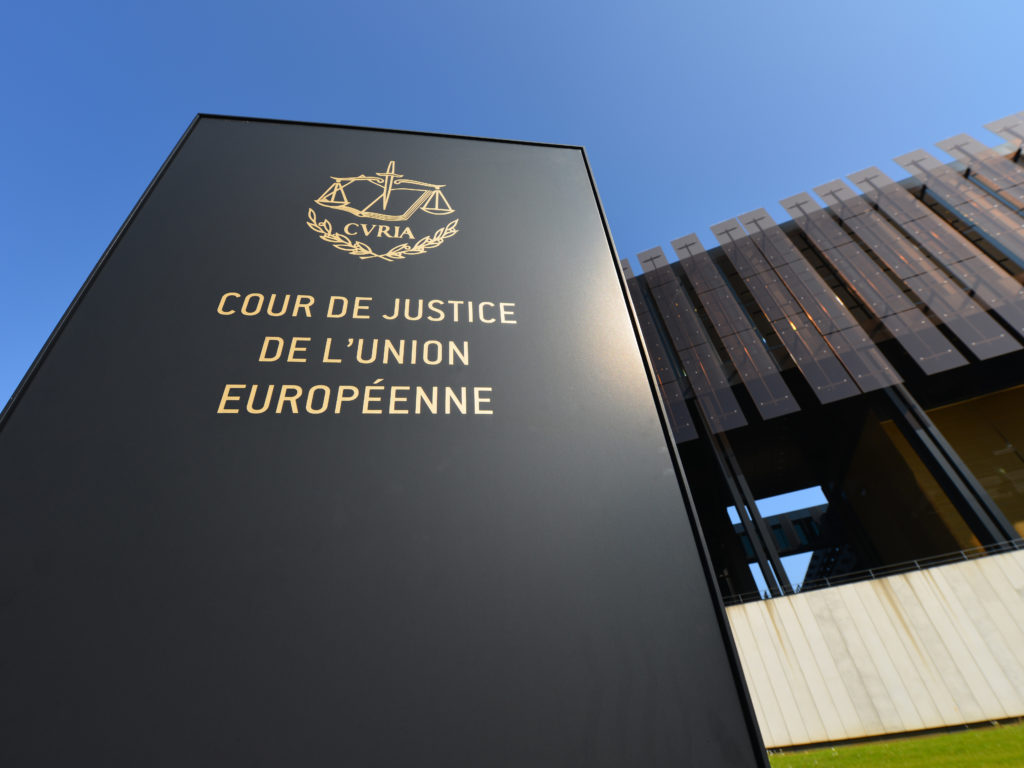
Yesterday, the European Court of Human Rights (ECtHR) ruled that several of the arrests between 2012 and 2014 of the Russian opposition leader, Alexei Navalny, for protesting against President Vladimir Putin, were politically motivated. In relation to the arrests examined by the court, Mr Navalny spent a total of 15 days in jail and had to pay a series of fines.
The case was heard under article 18 of the European Convention on Human Rights (ECHR), which provides that whenever a person’s liberty is restricted, for example through arrest and imprisonment, that restriction can only be permitted if it is for one of the reasons prescribed in the ECHR. Under Article 5 of the ECHR, any restriction on liberty must be in accordance with a procedure prescribed by law and be for a lawful purpose. The ECtHR found that at least two of the arrests were politically motivated and “aimed at suppressing political pluralism” and, therefore, were not permitted under Article 5.
Last year, the ECtHR ruled that both Mr Alexei Navalny and his brother, Oleg Navalny, were denied the right to a fair trial in relation to a fraud case that resulted in Oleg Navalny being sentenced to 3 years’ imprisonment. This year, Alexei Navalny spent more than two months in jail over three separate misdemeanour charges relating to protests which he organised against President Putin. Alexei Navalny claimed that the Kremlin fabricated the charges in order to prosecute him under a new law which was introduced in response to the 2012 demonstrations which he had helped to organise.
Categories: Russia



Recent Comments